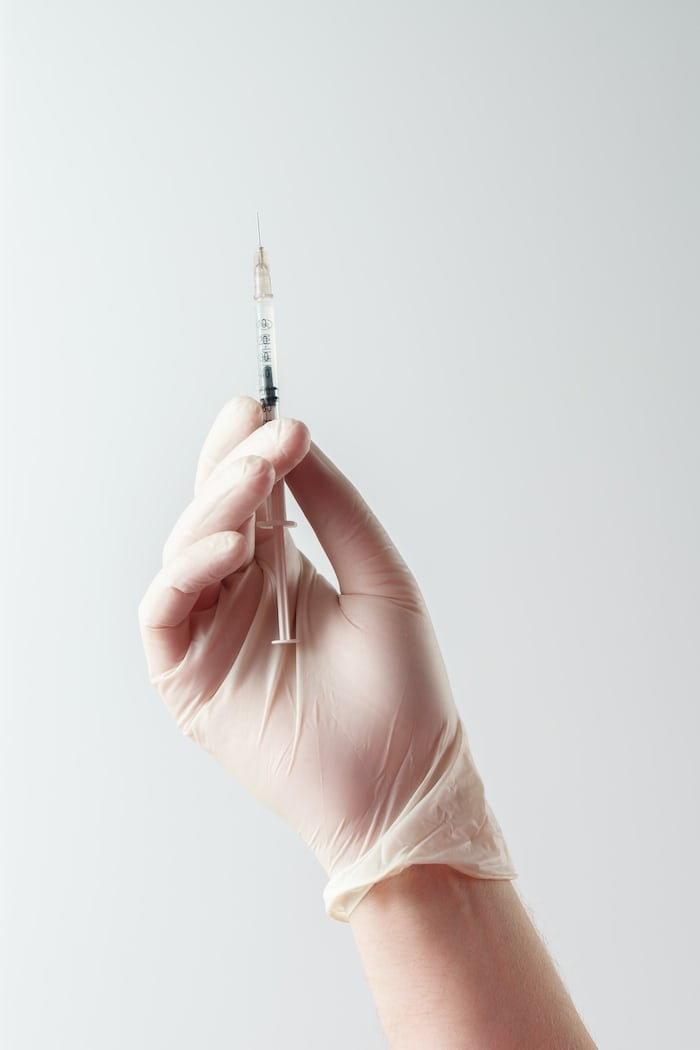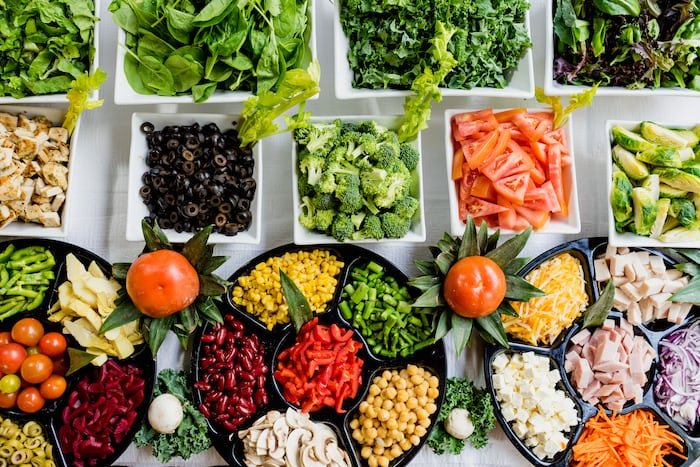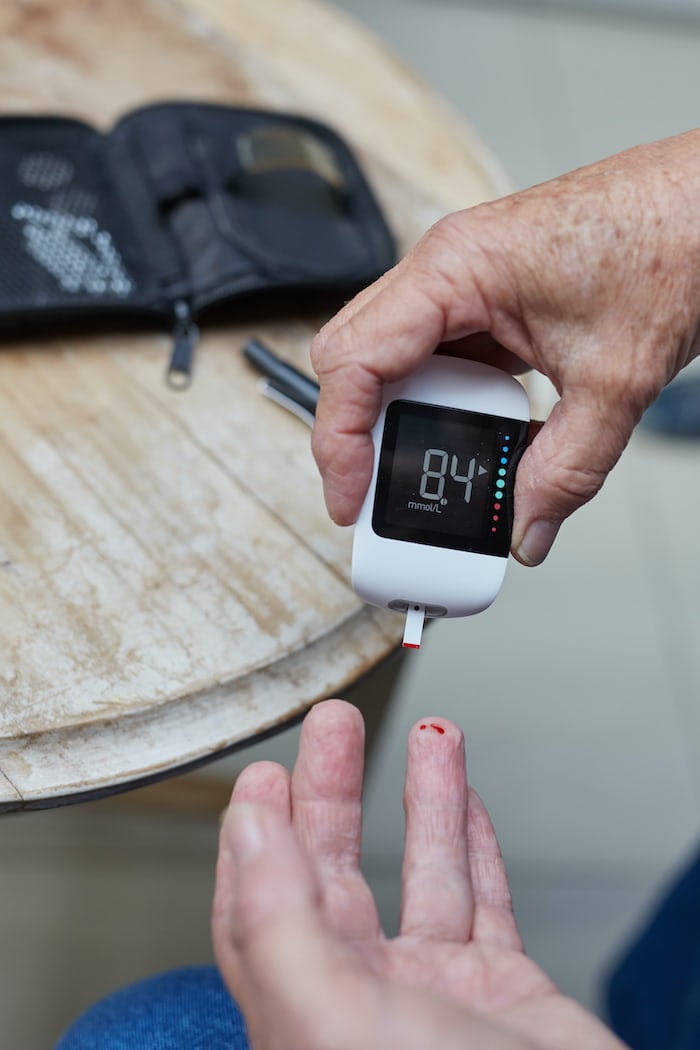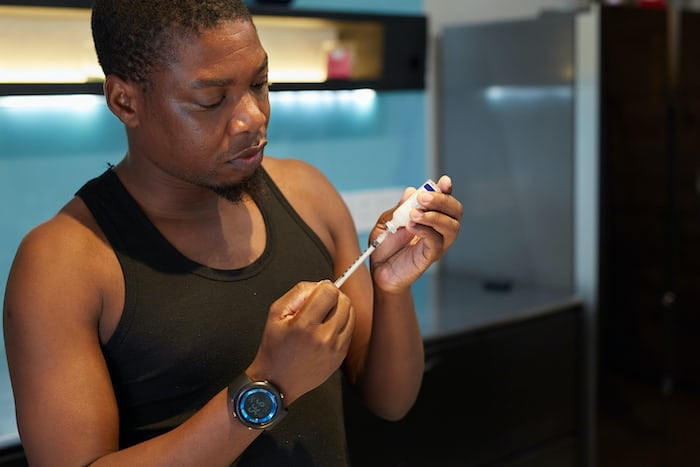The liver plays a major role in the homeostasis of blood glucose levels. It does this by: Storing glucose as glycogen, a long chain of glucose molecules, for later use. Releasing glucose into the bloodstream when blood sugar levels are low. Producing glucose from non-carbohydrate sources, such as amino acids and fatty acids, when blood […]
A diabetic diet is a meal plan that helps people with diabetes manage their blood sugar levels. The goal of a diabetic diet is to eat healthy foods that provide the body with the nutrients it needs without causing blood sugar spikes. Here are some general tips for a diabetic diet: Choose foods that are […]
Type 2 diabetes is a chronic health condition that affects how your body turns food into energy. Most of the food you eat is turned into glucose, a type of sugar that your body uses for energy. Insulin, a hormone made by your pancreas, helps glucose get into your cells. In people with type 2 […]
Type 1 diabetes is an autoimmune disease that causes the body to attack the cells in the pancreas that produce insulin. Insulin is a hormone that helps the body use glucose for energy. Without insulin, glucose builds up in the blood, which can lead to serious health problems. Type 1 diabetes is usually diagnosed in […]
What is diabetes? Diabetes is a chronic health condition that affects how your body turns food into energy. There are two main types of diabetes: Type 1 diabetes is an autoimmune disease. This means that your body’s immune system attacks and destroys the cells in your pancreas that make insulin. Insulin is a hormone that […]





